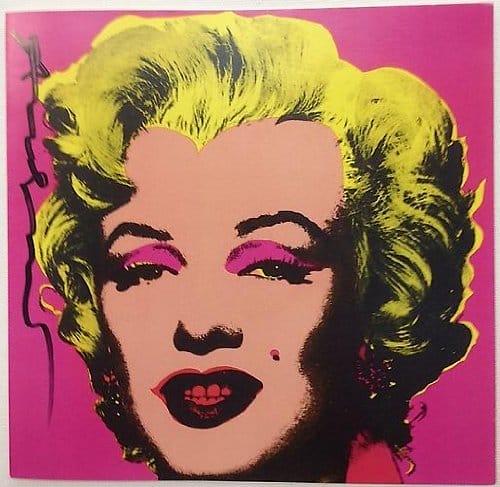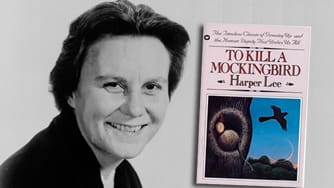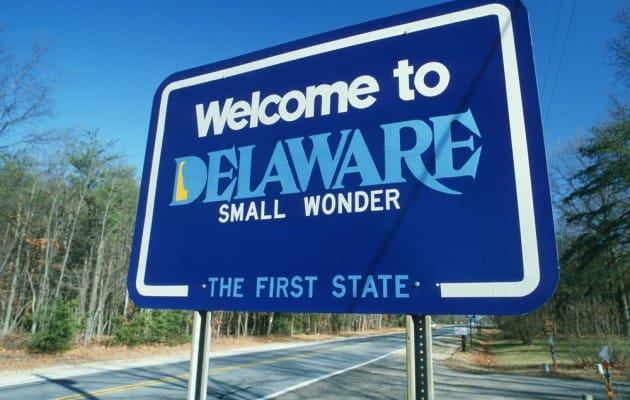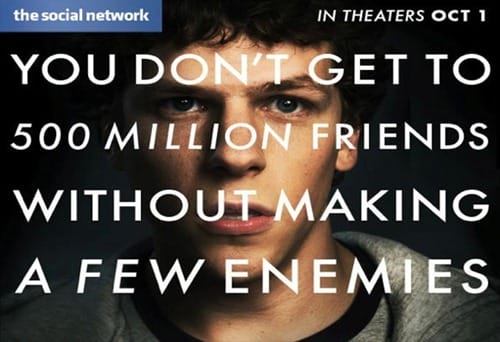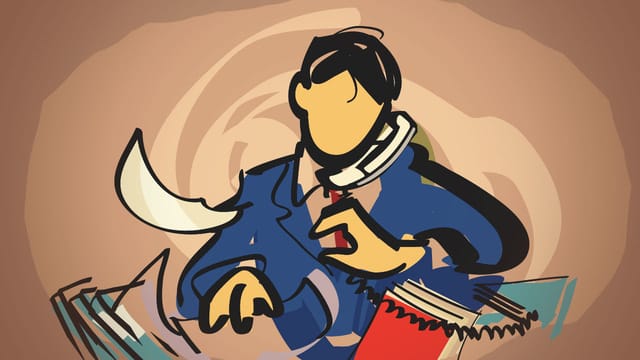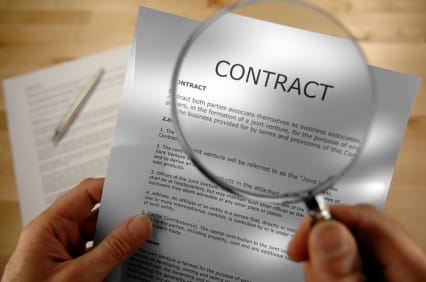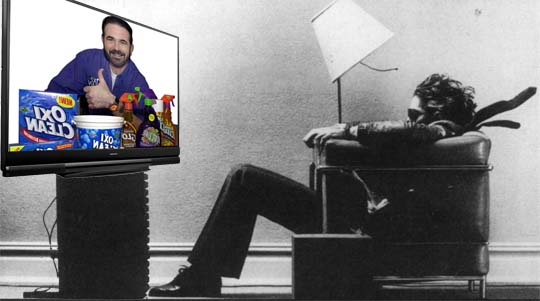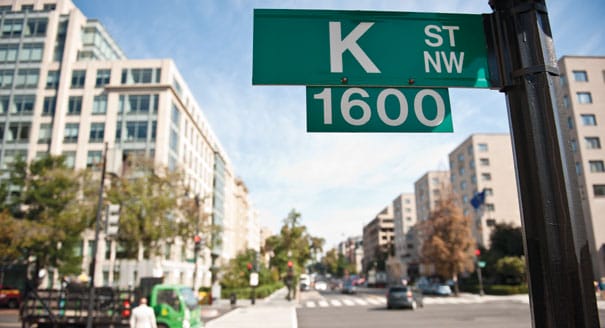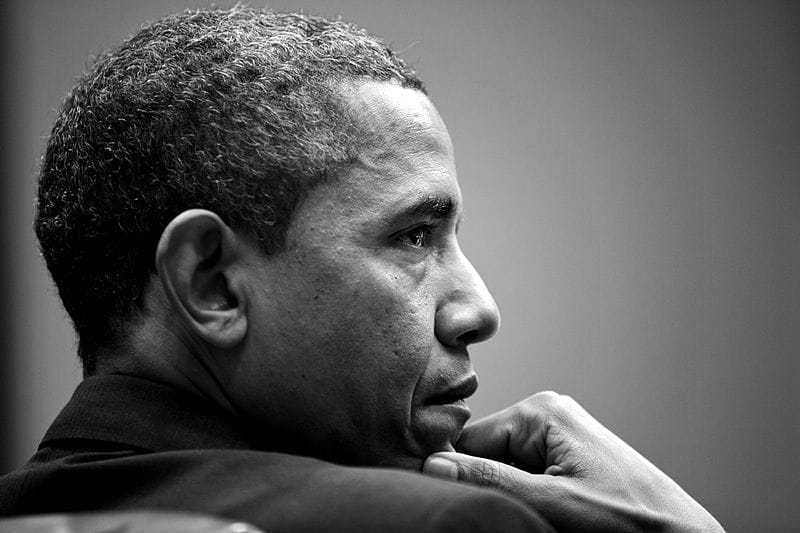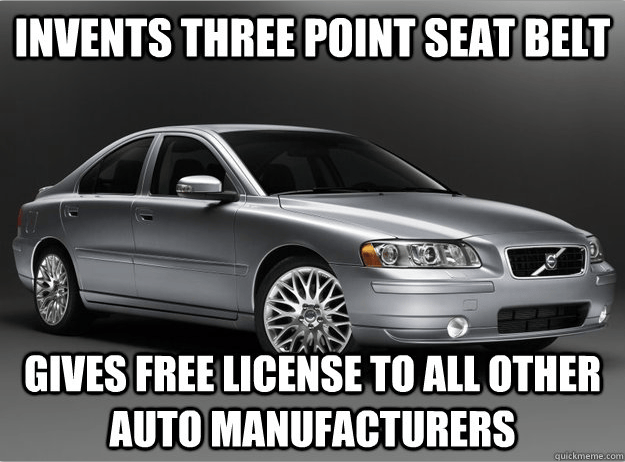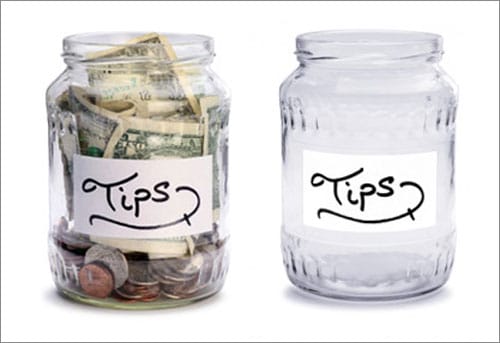Economics
-
The problem with Amazon.com selling fine art is not that art cannot be commodified. It's that in cache markets, the layers of exclusivity and middlemen are what allow product to be priced and commodified in the first place.
-
Animals experience hormonal variation across seasons that prompt them to mate, migrate, or hibernate, yet humans mostly stick to the same routines year round. Is that a mistake?
-
On Christmas day in the late fifties, Nelle Harper Lee received the gift of a year's wages with a note encouraging her to spend her time writing. She wrote "To Kill a Mockingbird." What if everyone received the same gift?
-
A study out of Stanford on multitasking doesn't validate people who say the Internet is making us dumb. But it isn't good news for people whose desk looks like mission control.
-
Sixty percent of American businesses are incorporated in the tiny state of Delaware. Whether that's thanks to its friendly business culture or helpful tax loopholes depends on who you ask.
-
Investing in startups is such a risky endeavor that only 1 in 10 pan out. Hollywood is so risk-averse that only 1 in 10 movies get made.
-
It is frighteningly easy for speaking with a police officer to land an innocent person in prison. Especially when you'll confess in exchange for a soda.
-
Creativity is such a mysterious force that ancient romans and greeks attributed brilliance to the whispering of spirits called daemons or geniuses. But geniuses can take a long time to whisper creative ideas in your ear, and are more amenable to deliver when you're playfully idle. That's a problem for the millions of American professionals claiming to be perpetually busy.
-
In 2005, PC Pitstop decided to prove that no one reads fine print online by burying a monetary reward inside their user agreement. Five months and three thousand sales later, someone claimed their $1,000 reward.
-
The despised commercial break may actually be what keeps television interesting and novel to our hard-to-impress brains. But its extinction could still be a good thing for television.
-
An academic study that compared companies' lobbying costs to the benefits they received from the American Jobs Creation Act concluded that the returns to lobbying were 22,000% - $220 of tax breaks or subsidies for every dollar spent lobbying. John McCain called the bill “No lobbyist left behind.”
-
How do you market a product that eliminates odors when everyone adjusts to bad smells? Two products offer two different answers.
-
We don't expect honesty from sports fans arguing over whose team is better. So why would we expect any better from political polls?
-
In 1959, Volvo invented the 3 point seat belt we use today. Then they gave the design away for all other car manufacturers to use for free.
-
There are many reasons to oppose tipping. Most recently, a natural experiment in two San Diego restaurants suggests that tipping actually detracts from restaurant quality.




